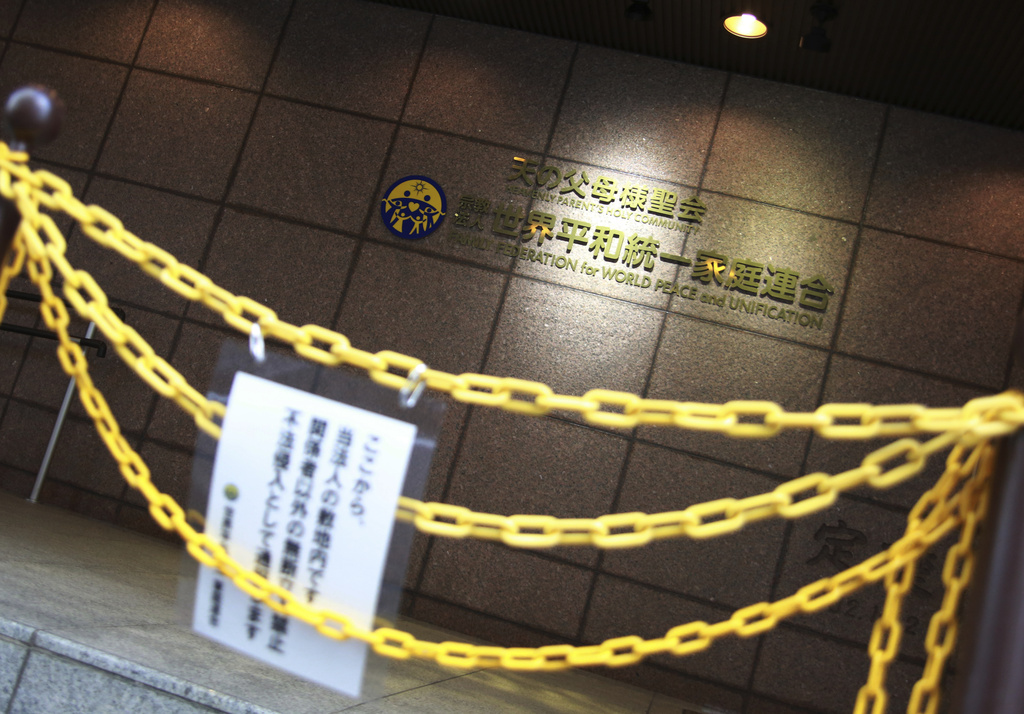
Japan’s government will ask a court to order the disbandment of the fringe religious group whose activities were cited as motivating the assassination of former Prime Minister Shinzo Abe.
The request could come soon, Masahito Moriyama, the culture minister said in a brief statement Thursday. Kyodo News reported the move could come as early as Friday.
Police said Tetsuya Yamagami, the person charged in Abe’s July 2022 murder, told them he shot the former premier because of his connections to the South Korean-based group formerly known as the Unification Church. The suspect blamed the group for bankrupting his family by taking excessive donations from his mother.
If the disbandment order goes ahead, it would be the third of its kind since World War II and end the church’s religious status—removing its tax benefits. The group has a list of court judgments against it over its fund-raising methods, which have included charging followers millions of dollars for books of scripture. It also has longstanding links to the ruling Liberal Democratic Party, helping it turn out voters for elections.
Prime Minister Fumio Kishida is seeking to distance himself from the group to repair his cabinet’s image and restore public support, less than a year ahead of an LDP leadership election. The step also comes a day ahead of pretrial court procedures for Yamagami, scheduled for Friday.
A dissolution order could come as a result of the church failing to respond to many of the questions posed by the government as part of a probe into its activities, according to NHK and other media outlets.
Under Japan’s Religious Corporations Act, the courts can dissolve a religious group “if it commits an act which is clearly found to harm public welfare substantially.”
In an Oct. 6 statement on its website, the church said it had carried out reforms involving compliance and transparency, and it should not be subject to dissolution.
The government is also mulling a law that would enable seizure of assets belonging to the group now known as the Family Federation for World Peace and Unification. The aim is to make sure funds are available for victim compensation, TV network ANN reported Wednesday, citing a source close to the matter.
The Aum Shinrikyo doomsday cult faced a dissolution measure following its poison gas attack on the Tokyo subway in 1995. A few years later, the Myokakuji Temple group was ordered to disband after findings that it had defrauded followers.
More Must-Reads from TIME
- Inside Elon Musk’s War on Washington
- Meet the 2025 Women of the Year
- The Harsh Truth About Disability Inclusion
- Why Do More Young Adults Have Cancer?
- Colman Domingo Leads With Radical Love
- How to Get Better at Doing Things Alone
- Cecily Strong on Goober the Clown
- Column: The Rise of America’s Broligarchy
Contact us at letters@time.com